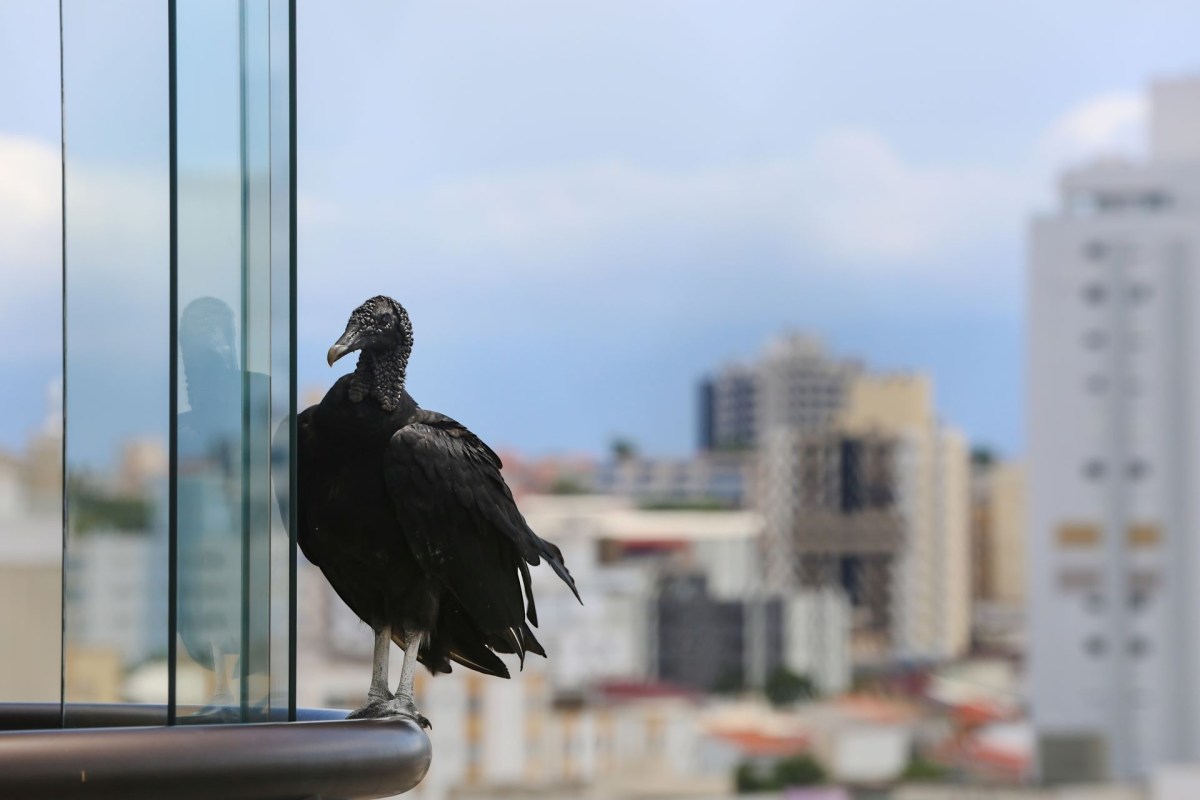Despite their well-known associations with dusty deserts and cold mountains, large groups of buzzards have been recently spotted in New York City — and experts are alarmed.
Andrew Farnsworth, a researcher at Cornell University's Lab of Ornithology, told the New York Times that such a sight "would've been unheard of" 30 years ago.
The buzzard's more typical travel routines have been upended by milder winters and shrinking habitat space, and they're not the only animal to be seen far beyond their usual ranges.
Polar bears, for example, have gone far enough south to have started mating with Grizzly bears, creating a unique hybrid offspring. This overlap was created by rising temperatures and shrinking amounts of sea ice, which polar bears call home.
While the immediate environmental impact of buzzards hanging around New York City is not yet known, there are some potential long-term effects that have experts worried. They could disrupt the food chain in the areas where they decide to roost, which would have a ripple effect on the entire ecosystem.
Local New York City residents, unfamiliar with such large birds, have speculated and worried about the buzzard's presence — especially when it comes to their pets like cats and small dogs.
"They perch on the roofs and stare at the animals — the feral cats, raccoons, and opossums," New Yorker Deena Tomasulo told NBC New York last year. "I have never witnessed an attack yet, thank God ... I just don't want any of the feral cats to get harmed; people have little small dogs. And if you put the dog in your yard, these birds will swoop in and attack."
Meanwhile, conservationists have expressed concern over the health of these birds, which are being pushed out of their natural habitats.
"All of our societies depend on these natural systems of insects, birds, plants in multiple ecosystems across the earth," Tod Winston, a researcher with The New York City Audubon Society, told the Times. "People are in trouble [too]."
Join our free newsletter for cool news and cool tips that make it easy to help yourself while helping the planet.









